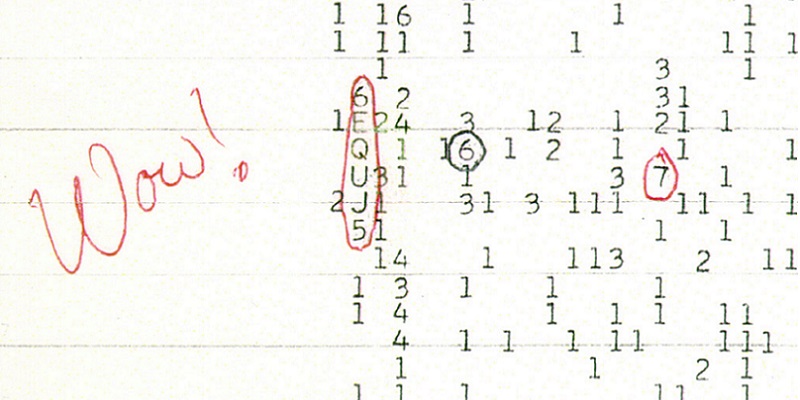The 5 Strangest Days Ever In Human History
Human history is full of head-scratching unexplainable moments. And from the archives of time, these are the strangest days ever in history:
1. The Dancing Plague, 1518

France, July 14, 1518, a woman was found dancing in the streets of Strasbourg. This woman looked in pain, with sorrow on her face, and yet she was dancing:
The woman fell after several hours, but after a few seconds got back to her feet and continued to dance.
She continued this for six days, and during that time, many others in the city shared her symptoms.
The people were described as having no control over their limbs. And those who caught the dancing plague were called out as being punished for past sins.
Imagine, on your morning commute seeing countless people dancing in the streets…
It could be the start of a terrible movie, or one of the strangest days ever.
CHECK OUT: Is Artificial Intelligence Humankinds Biggest Threat Right Now?
2. UFO Battle Over Nuremberg, 1561

On April 14, 1561, the German city of Nuremberg was witness to a mysterious UFO battle:
It was dawn when the people of the city saw objects of different shapes and sizes bounce around the sky. Describing the event as a battle between huge black triangular objects.
The story also adds that there was a huge crash outside the city walls.
However, the strangest thing about the day was possibly the blood-red sun…
Some people say the event was a religious phenomenon, while others believe it was rival aliens battling in the sky.
Either way, for the people of Nuremberg in 1561, it had to have been their strongest day ever.
CHECK OUT: The 5 Most Valuable Quarters From U.S. History.
3. Ancient Egyptian Strike, 1152 BC

The first-ever strike in human history happened on November 14, 1152 B.C.
It occurred when thousands of laborers put down their tools to demand their rights while building the Royal Necropolis:
And while it is largely believed that the Egyptian workforce was composed of slaves, historians say that Egyptians did have slaves but they were not the main workforce.
Strikes are common in the modern era, but in 1152 B.C., for those involved, it must have been a very strange day.
CHECK OUT: The 5 Most Expensive Whiskeys In The World.
4. The Sound From Space, 1977

On August 15, 1977, a strong narrowband radio signal was picked up by Ohio State University’s Big Ear radio telescope:
The signal is known as the WOW signal and is said to have come from the constellation Sagittarius.
The astronomer Jerry R. Ehman discovered the anomaly a few days later while he was reviewing the data, the reading was ‘6EQUJ5’. Jerry circled the reading and wrote the comment “WOW” and that is where the name of the signal came from.
The WOW signal has now been explained as a passing comet. Yet, at the time… Wow!
Related: Neuralink And Its Competitors Are The Future Of Humanity
5. The Tunguska Event, 1908

Russia, June 30, 1908. A massive 2.150-kilometer explosion in Yeniseysk flattened millions of trees and killed three people.
No one knows the source of the explosion but it is attributed to the airburst of a 100-meter meteoroid:
However, there was no impact, creating serious doubts over the story…
Not to mention, more than 100-years later, no trees grow within the radius of the explosion.
More About:Nerdable Picks
